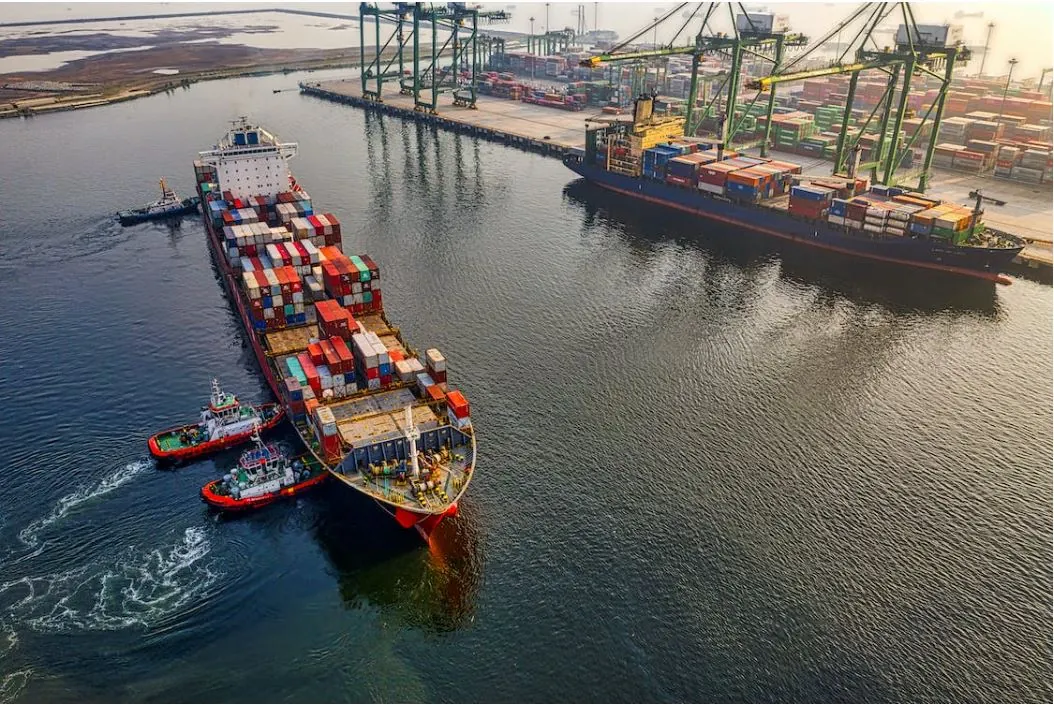The Importance of Freight Forwarding for Small Businesses
In today’s globalized economy, freight forwarding plays a crucial role in the success of small businesses. Small businesses can streamline their shipping operations and achieve growth and profitability by understanding the importance of freight forwarding and implementing effective strategies.
Tailored Tips for Small Businesses in Freight Forwarding
Expert Advice to Optimize Freight Forwarding Operations for Small Businesses:
1. Assessing shipping needs: Small businesses should conduct a thorough analysis of their shipping requirements, considering factors like volume, frequency, and destination. This evaluation helps in determining the most suitable freight forwarding strategies.
2. Building relationships with freight forwarders: Establishing strong partnerships with reliable freight forwarders who understand the specific needs of small businesses can provide valuable insights and support throughout the shipping process.
3. Packaging and labeling best practices: Implementing proper packaging and labeling techniques ensures the protection and easy identification of goods during transit, minimizing the risk of damage or delays.
Choosing the Right Freight Forwarder for Small Business Needs
Key Considerations in Selecting the Perfect Freight Forwarding Partner:
1. Expertise and industry knowledge: Look for a freight forwarder experienced in handling shipments for small businesses in your industry, as they will be familiar with specific requirements and regulations.
2. Network and a global reach: Ensure the freight forwarder has an extensive network of reliable carriers and a global presence, enabling smooth transportation to various destinations.
3. Technology and tracking capabilities: Consider freight forwarders who leverage advanced technology systems for real-time shipment tracking, providing visibility and transparency throughout shipping.
Maximizing Efficiency in Small Business Shipping
Streamlining Shipping Processes for Enhanced Productivity and Cost Savings:
1. Consolidation and optimization: Small businesses can benefit from consolidating shipments whenever possible to reduce costs and maximize efficiency.
2. Automating processes: Implementing shipping management software and automation tools can streamline documentation, booking, and tracking processes, saving time and reducing errors.
3. Continuous improvement and feedback: Regularly evaluate shipping processes, seek feedback from customers and freight forwarders, and identify areas for improvement to enhance overall efficiency.
Navigating Customs and Documentation for International Shipments
Essential Guidelines for Smooth International Freight Forwarding:
1. Understanding customs regulations: Familiarize yourself with customs regulations and documentation requirements for international shipments to avoid delays or penalties.
2. Proper documentation and compliance: Ensure accurate and complete documentation, including commercial invoices, packing lists, and customs declarations, to facilitate smooth customs clearance.
3. Tariffs and duties: To manage costs effectively, research and plan for applicable tariffs and duties on international shipments.
Packaging and Labeling Strategies for Secure Transportation
Proven Methods to Safeguard Cargo During Freight Forwarding:
1. Choosing appropriate packaging materials: Select packaging materials that adequately protect against impacts, vibrations, and environmental factors during transit.
2. Proper labeling and handling instructions: Clearly label packages with necessary handling instructions, ensuring the safe and secure transportation of fragile or hazardous goods.
3. Considerations for specialized cargo: Identify specific packaging and labeling requirements for specialized cargo, such as perishable goods or oversized items.
Tracking and Monitoring Shipments for Improved Visibility
Enhancing Customer Satisfaction through Effective Shipment Monitoring:
1. Real-time tracking systems: Utilize tracking technologies offered by freight forwarders to monitor shipments and provide customers with up-to-date information on their delivery status.
2. Proactive communication: Maintain open lines of communication with customers, providing them with shipment updates and estimated arrival times and addressing any concerns promptly.
3. Exception management: Implement strategies to proactively handle unexpected situations or delays, minimizing the impact on customers and ensuring their satisfaction.
Overcoming Challenges in Freight Forwarding for Small Businesses
Solutions to Common Obstacles Faced by Small Businesses in Shipping:
1. Cost management: Explore cost-saving measures, such as negotiating freight rates, optimizing shipping routes, and utilizing shared warehousing options.
2. Regulatory compliance: Stay updated on changing regulations and compliance requirements, seeking guidance from freight forwarders or industry experts if necessary.
3. Risk mitigation: Identify potential risks, such as disruptions in supply chains or unforeseen events, and develop contingency plans to minimize their impact on operations.
Excel at Freight Forwarding For SMB
Freight forwarding presents significant opportunities for small businesses to streamline their shipping processes, expand their reach, and achieve success in the global marketplace. By implementing the tips and strategies outlined in this article, small businesses can navigate the complexities of freight forwarding and unlock their full potential.


